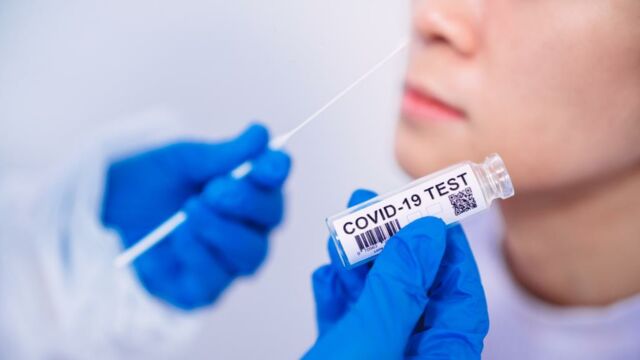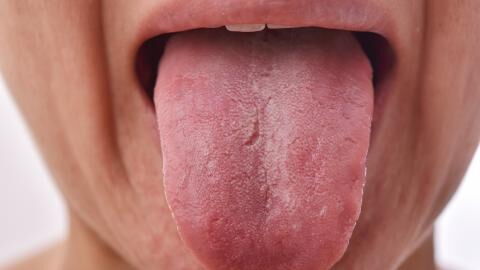In March 2020, the WHO declared the three main symptoms of coronavirus: a cough, fever and fatigue. Since then a range of strange symptoms have been identified, such as a loss of taste and smell, headaches and shortness of breath. But could excessive hiccups also be added to the list?
Discover our latest podcast
Are hiccups a symptom of COVID?
Strangely enough, one study conducted in 2020 found that one 64-year-old’s only symptom of coronavirus was hiccups. The study revealed that the man visited an outpatient clinic concerned as to why his hiccups had lasted a whole 72 hours. Tests revealed that the man had both a low white blood cell count and an infection in both lungs. Later on, further tests confirmed that he was COVID positive.
A different study the same year found that a 62-year-old had the hiccups for four days before seeking medical advice, also to discover that he too had coronavirus.
Most recently a 48-year-old in Egypt revealed he had the hiccups for two weeks. The man first experienced a fever, which he was given medication for. Then, he noted that he started to get the hiccups getting worse as the week went on. The anonymous man then reached out to the hospital after his fever returned and he developed a sore throat.
Doctors then conducted ultrasounds on the man in order to figure out just what could have been causing the hiccups. But they just kept getting worse. His fever then led doctors to conduct a CT scan, which revealed white spots in his lungs, a telltale sign of COVID showing fluid buildup. The patient then tested positive for COVID and was treated for the virus in hospital. Just ten days later had recovered and was released.
The study, published in the journal Respiratory Investigation revealed that excessive hiccups could be a direct albeit rare effect of coronavirus infections. However, Nader Bakheet at Cairo University, leader of the study also admitted that the results could have been a coincidence as there was no real way to tie the hiccups to the infection.
Why does COVID cause hiccups?
Researchers believe the reaction could be caused by the ACE2 receptor, which is targeted by the virus as it tries to break into healthy cells and reproduce. This receptor is found in all kinds of tissue within the body including the brain, lungs, skin, stomach and even bone marrow. This means it could also affect the muscles of the diaphragm, causing spasms and triggering hiccups.
The targeting of ACE2 could also be the cause of many other strange symptoms such as ringing in the ears, double vision and also hair loss. Dr Stephen Griffin, a virologist at Leeds University School of Medicine explained to the Daily Mail:
There's still a great deal we do not understand about this virus. But one thing we do know is that the ACE2 receptor is found on lots of different tissues around the body. And post-mortems have shown the virus can reach all sorts of places.
Professor John Oxford, a virologist at Queen Mary University, went further, revealing that the range of bizarre symptoms are likely to be witnessed given the vast spread of the virus and that any other virus that managed to spread as fast and far as COVID would likely see similar effects.
We are probably seeing these more unusual symptoms mainly because of the sheer numbers of people being infected.'Symptoms that might be overlooked during an epidemic within one country or region tend to be much more noticeable during a pandemic across continents.
What are the signs of a coronavirus infection?
While hiccups may be a sign of COVID, it would be a very rare one. Most people who experience a coronavirus infection are likely to see the following symptoms. Remember, if you are experiencing these symptoms or have been in contact with someone who has, it’s best to take a COVID test:
- fever
- chills
- muscle or body aches
- cough
- shortness of breath
- difficulty breathing
- vomiting
- diarrhea
- loss of smell
- loss of taste















